Twilight of the rock gods: why the greats may never tour again
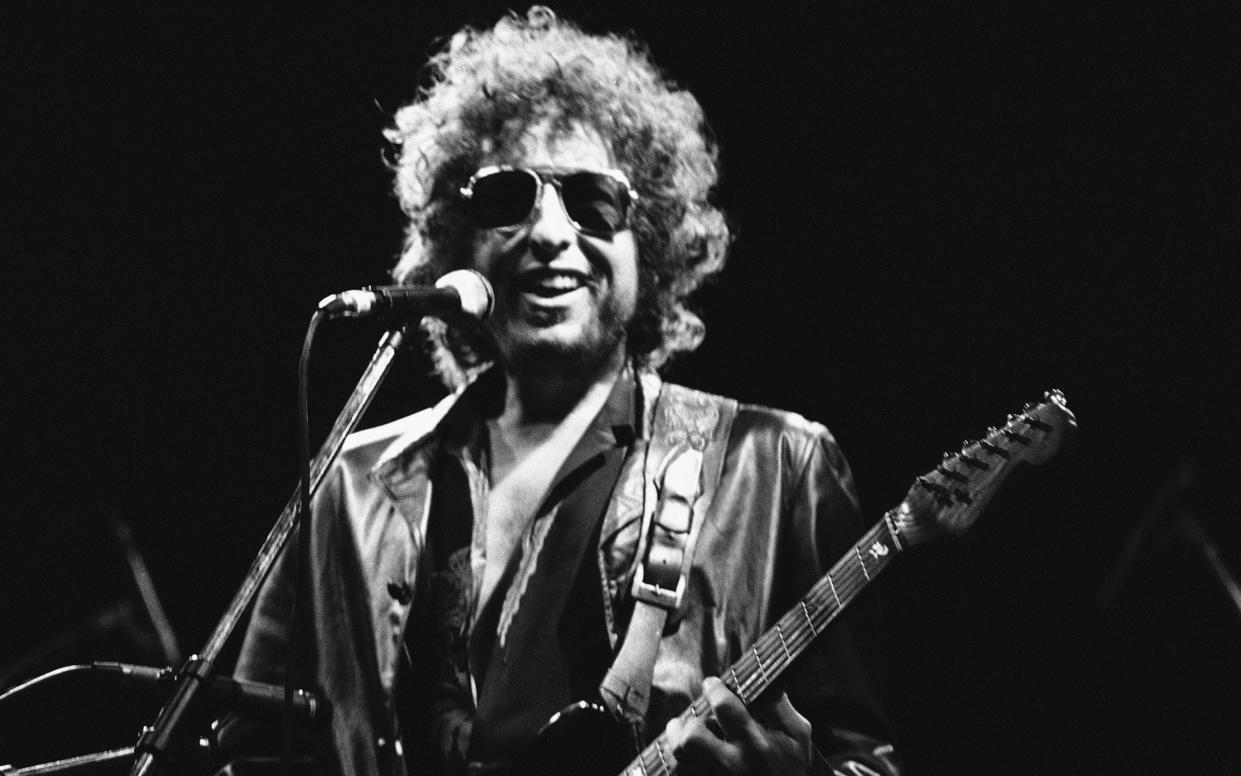
- Oops!Something went wrong.Please try again later.
- Oops!Something went wrong.Please try again later.
- Oops!Something went wrong.Please try again later.
Awkward giggles rippled around Birmingham's Utilita Arena recently as Seventies prog icons Genesis kicked off their much-delayed new tour. During I Can’t Dance, a wheelchair-bound Phil Collins sang the line about having “a perfect body with a perfect face” whilst gesturing ironically at himself. Everybody laughed at the pointed joke. It was either that or sit there in uncomfortable silence.
Getting older is hard for everyone. But for rock stars – those Dionysian, avatars of excess and youthful abandonment – it’s the ultimate come-down.
And so, though Genesis barnstormed Brum and won raves from reviewers, nobody there could gloss over the fact Collins is clearly suffering failing health. Seated for most of the performance, he was a shadow of the cheeky chappie who had conquered the charts with You Can’t Hurry Love and drummed his way into the history books with In The Air Tonight. On-going struggles with spinal injuries, trapped nerves and diabetes had taken a visible toll.
Aged 70, Collins is surely in the twilight of his career and has indicated the “Last Domino” tour is to be Genesis’s swan song. But he’s far from the only septuagenarian rocker to have found himself under the spotlights at a stage in life when most people would hope to be settling into well-earned earned retirement. When the Rolling Stones recently shared the sad news that drummer Charlie Watts had passed away at age 80, it felt telling that the band neither confirmed they were breaking up or were calling it quits as a live entity.
The show must go on. How can it be otherwise, when heritage acts such as The Rolling Stones and Genesis can command premium ticket prices courtesy of their older, and deep-pocketed fanbase? The best seats in the house to see Phil Collins and the gang will set you back north of £80, for instance – roughly four times the cost of watching bright-eyed indie darlings Wolf Alice.
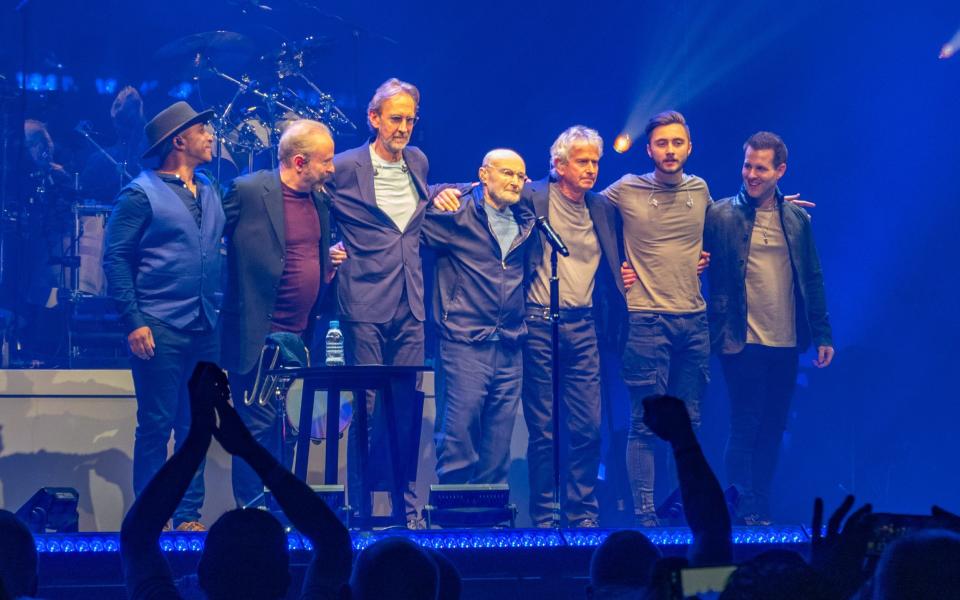
And yet, while Gimme Shelter and Sympathy for the Devil will live forever, it is stating the obvious to point out that Mick Jagger (78), Keith Richards (77) and Ronnie Wood (a baby-faced 74) will not.
Therein lies the existential quandary with which rock’ n roll is now coming to terms. Legends aren’t supposed to die – or suffer aching limbs or require emergency heart surgery. Alas, that’s precisely what has been happening. And once rock n’ roll’s greatest generation shuffles into the great backstage area in the sky, how will the touring business cope?
Surveying music’s golden oldies, the statistics make for grim reading. Bob Dylan is 80, Paul McCartney 79, Elton John 74, James Taylor 73, Fleetwood Mac’s Stevie Nicks 73. It feels strange to look up the age of Bruce Springsteen and feel relieved he’s “only” 71.
These stars aren’t ‘getting on”. They’re not a little wrinkly around the eyes. They are deep into their twilight of their rock god reign. Perhaps that is why the Genesis tour has been a near sell-out. If fans don’t see them now, they potentially never will again.
And it isn’t as if being a rock star is easy at any age. Touring is a punishing business. At the very top end, the sheer amount of money at stake ameliorates these challenges somewhat. The Rolling Stones always tour with a fleet of medics. And, after Mick Jagger underwent a heart-valve replacement in 2019, insurers insisted a cardiologist be within feet of the singer when the band went back on tour – “just in case” they were needed.
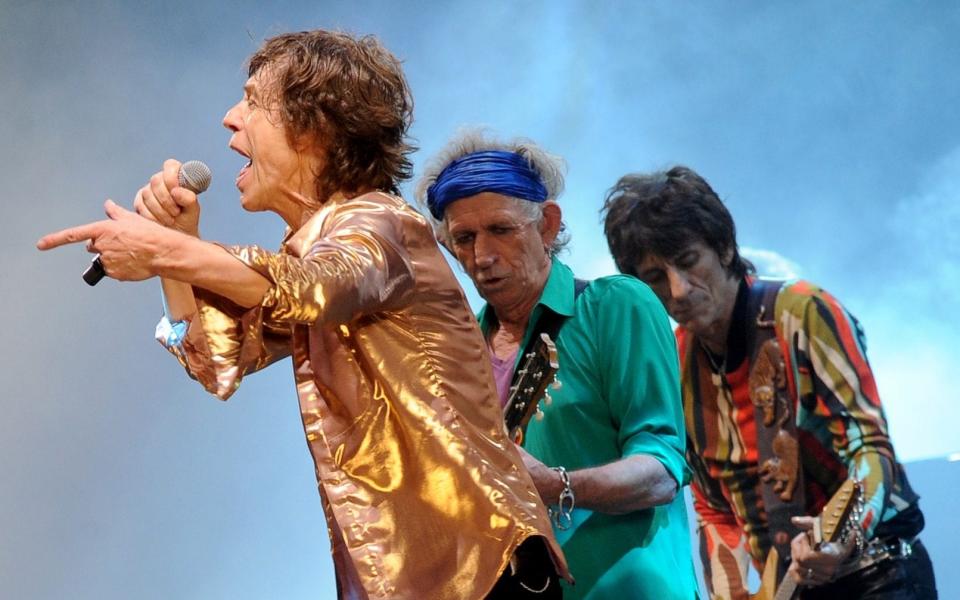
That’s the Rolling Stones – a cash-generating juggernaut in a class of their own. Go down just a few rungs and it’s obvious that these ailing stars are often left fend for themselves. Tom Petty, for instance, passed away in 2017 days after finishing a tour – and due to the overuse of painkillers he was taking to deal with the physical rigours of life on the road.
“He’d had it in his mind this was his last tour,” his wife Dana would tell Billboard. “[He felt] he owed it to his long-time crew and his fans.”
The Rolling Stones may well continue to gig until the end of time. But elsewhere it is clear rock stars are increasingly unable to keep up with the demands of the touring industry. Elton John has recently been forced to push back his much-anticipated comeback gigs this year after a fall at his home – a routine hazard for someone in their 70s and one which has, in Elton’s case, potentially cost millions.
Neil Diamond meanwhile announced in 2018 that he was retiring at the age of 77 after a Parkinson’s diagnose. Yet, last March, he was on stage at the MGM Grand Garden Arena in Las Vegas, belting out Forever in Blue Jeans and I Am…I Said. He was then joined by Billy Ray Cyrus, Sammy Hagar, Chris Isaak and others on Sweet Caroline. A grizzled Diamond was determined to shine on.
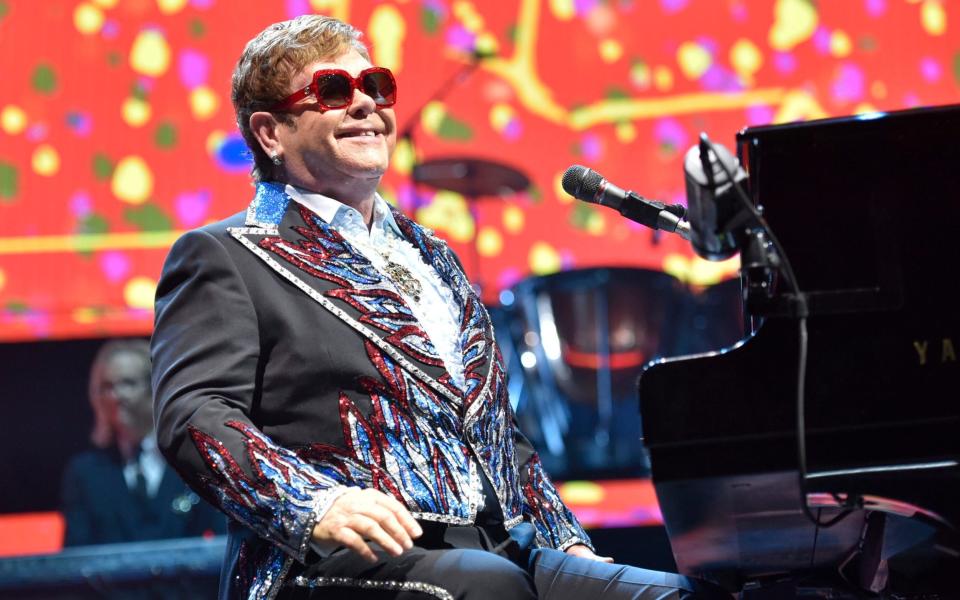
And what of Ozzy Osbourne? Here was a rock star who, even in his 50s and 60s, looked visibly the worse for wear after decades of vodka for breakfast and biting the heads off bats.
Osbourne’s second “farewell” tour kicked off in the US in April 2018. However, in January 2019 it was announced that the UK and European leg would be postponed due to ill health. It was rescheduled – and then put back again, so that Osbourne could go to Switzerland for treatment for a flu and bronchitis. And then Covid hit. No More Tours II is pencilled in for 2022 – but who know what condition Osbourne may be in by then? Is it even fair to expect him to climb back into a tour bus?
The difficulty the concert industry faces is replacing these greats when they are finally unable to tour. It isn’t as if rock’ on roll is brimming with youthful faces. Bono is 61, Jon Bon Jovi 59. Even Chris Martin of Coldplay – arguably the last of the stadium goliaths – is getting on at 44. And Coldplay have, in any event, vowed to cease touring until climate change is solved. We might be waiting a while.
Until the past decade and a half, that wasn’t really a problem. Before the internet, the music business made most of its money from record sales – touring income was the gravy splashed on top.And it wasn’t as if the industry had stopped minting new stars: the Eighties gave us Madonna, Guns ’n Roses, REM etc, the Nineties, Oasis, Blur, Radiohead and so forth.
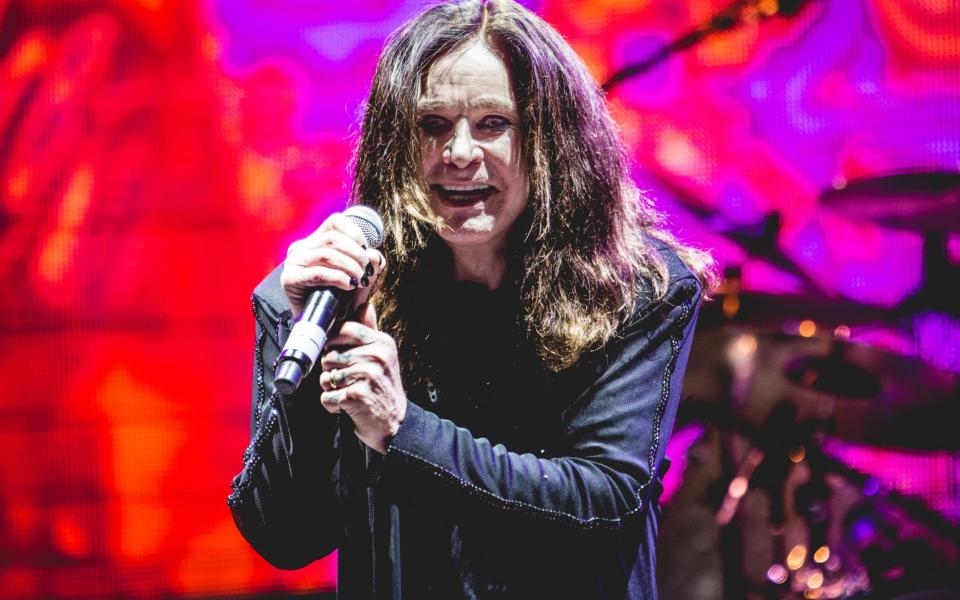
Rest assured, the wheels have now come off. A survey of the highest grossing tours of 2019, confirms that rock is an older person’s game. The top 10 includes Metallica (all in their late 50s), Bon Jovi (ditto), Fleetwood Mac and The Rolling Stones.
There are some fresh(ish) faces on the list. Ed Sheeran is at number one with a global touring gross of $211.7 million (ahead of Metallica at $179 million and the Stones at $177 million). However, a sold-out Ed Sheeran concert isn’t nearly as money-spinning as a packed Stones gig.
Tickets for Sheeran’s gigs at Wembley next year will be priced between £50 and £80 – whereas a “premium standing” ticket for the Rolling Stones’s No Filter gig at the London Stadium in May 2018 was £399.95. Young people simply can’t afford those prices.
In the case of previous generations, the understanding was that fans would age with the band and maintain their loyalty into their middle years and beyond. But will hordes of 40 and 50-somethings really be queuing to see Justin Bieber and BTS 20 years from now? Pop has overtaken rock ’n roll as a cultural force – and yet the shelf life of pop acts remains notoriously short.

Rock stars can get away with being grizzled – in certain cases it even adds to their authenticity. That is not at all true of pop singers, who lose potency the moment the first wrinkle or grey hair appears.
Which is why nobody today is rushing to see Five, Blue or All Saints in concert. And why ABBA are returning not as their creaky selves but as digital avatars headlining a purpose-built arena. Even when pop songs have aged well – such as in the case of All Saint’s Pure Shores – audiences’s relationship with these artists have changed over time. That’s in contrast to rock’n roll, where someone who loved Genesis as a young person in the Seventies can have precisely the same emotional response to the group in 2021.
Not everybody sees this eternal march of the rock stars as a bad thing. Billy Joel (72) has cheerfully said he’ll keep going on stage for as long as he’s able. “I’m seeing these geriatric rockers, they're still going,” he told touring industry magazine Pollstar. “Who am I to stop in my 70s if they're still doing it in their 80s? The concept of retiring is getting more and more obsolete… The audiences are better than they’ve ever been. There’s more people coming. I play these phenomenal venues, and I make a ton of money. Why should I stop doing that?”

